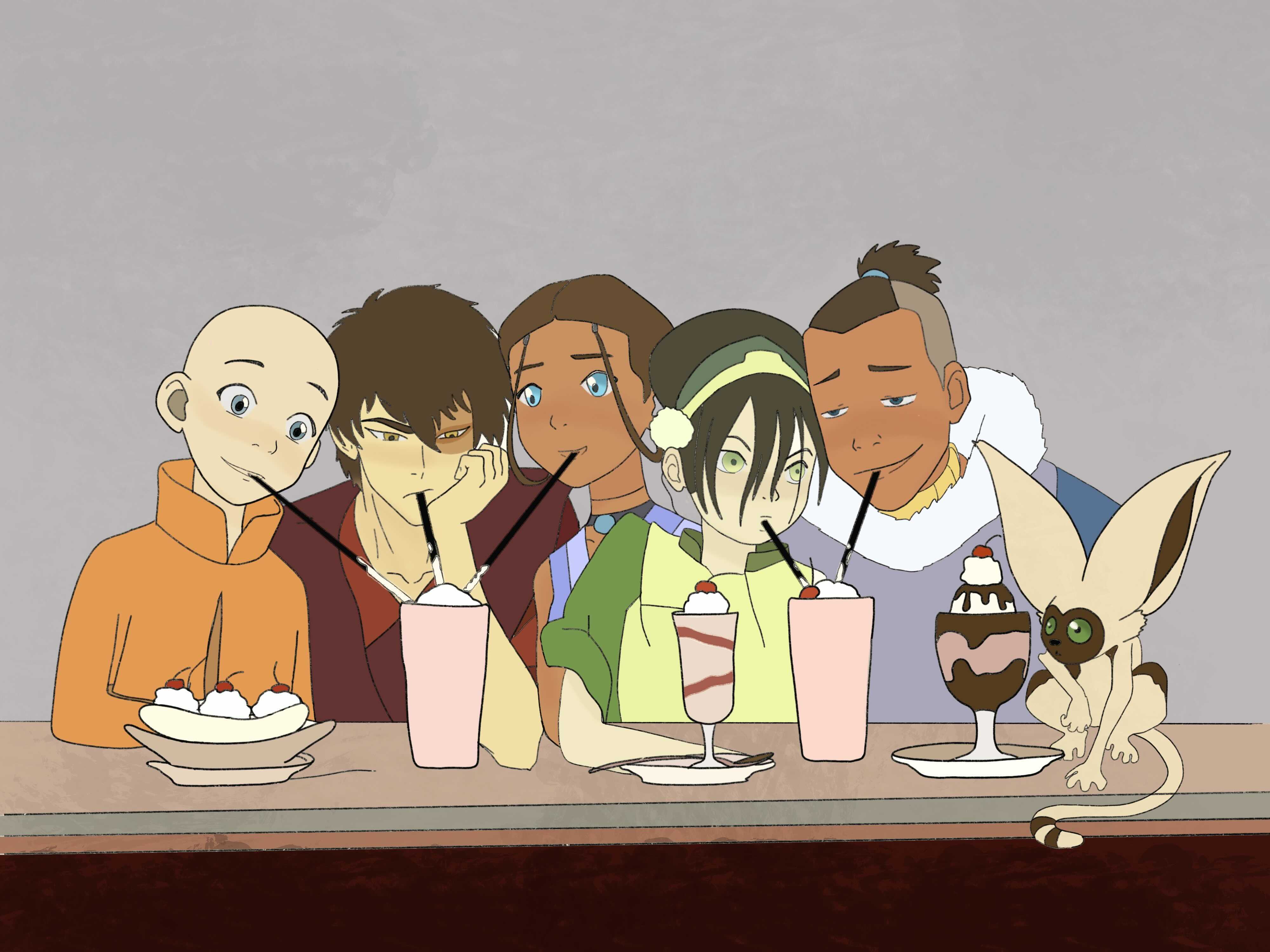10 lessons ‘Avatar: the Last Airbender’ taught us
I recently finished watching Nickelodeon’s acclaimed animated series, “Avatar: The Last Airbender,” for the first time. Though geared towards children, I learned early on this show is so much more. The characters have depth, purpose and effortlessly display valuable life lessons for all ages.
Here’s a look back at the lessons 10 of these “Avatar” characters taught us. Caution: spoilers ahead.
1. Aang taught us peace.
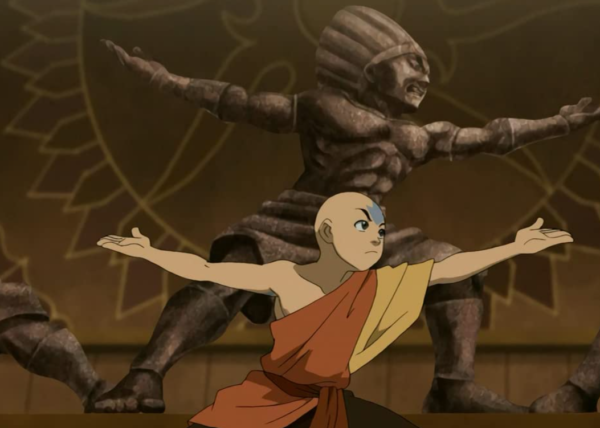
“Anyone’s capable of great good and great evil. Everyone, even the Firelord and the Fire Nation, has to be treated like they’re worth giving a chance.”
I’m not exaggerating when I say Aang owns my heart and soul. He is so gentle-hearted and innocent. He always wants to do what’s right and protect the ones he loves. Despite his youth and clear immaturity, he has wisdom well beyond his years.
As the Avatar, he gets thrown into difficult situations with a range of dangerous characters left and right. Even when fighting, however, he always maintains his humanity. He shows mercy rather than condemnation and encourages others to do the same.
In his final showdown against Firelord Ozai, everyone, even his past reincarnations, believed killing him was the only way to defeat him. But Aang refused. He understood the sanctity of human life, even if it was the life of an evil man bent on setting the world ablaze. He found a way to defeat him without killing, ending the war and saving thousands without shedding unnecessary blood.
Aang taught us we can always peacefully resolve conflict.
2. Katata taught us hope.
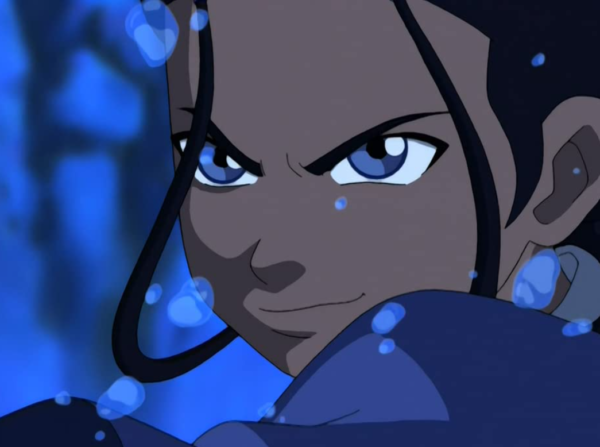
“I know sometimes it hurts more to hope, and it hurts even more to care. But you have to promise me you won’t stop caring.”
Katara quickly became one of my favorite characters on the show because of her maternal nature must especially her resilience in the face of adversity.
As I’ve said, these characters are thrown into tough spots, but Katara never gave up hope. She was always the first to rally the gang and give them the needed boost of confidence to get through any fight, imprisonment, quarrel or seemingly doomed campaign. Beyond that, every time a character was struggling, she was there to lift them up. Her spirit was unbreakable and she made those around her unbreakable as well.
Katara taught us to always hold onto hope even when the odds seem against us.
3. Sokka taught us ingenuity.
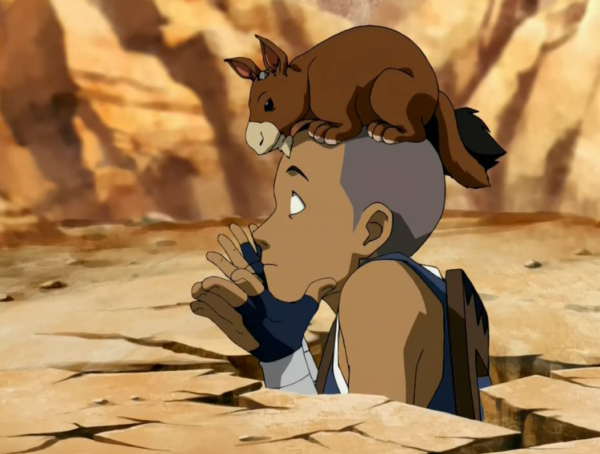
“I’m just a guy with a boomerang. I didn’t ask for all this flying and magic.”
Until Suki is added to the gang partway through season three, Sokka is the only non-bender in the group. He’s about as ordinary as he gets with his love of sarcasm and good food.
Though he has his insecure moments where he laments to the team that he’s not as extraordinary as the rest of them, he always pulls his weight. His quick thinking got them out of numerous situations and he was just as necessary in the final battle as anyone else. Meanwhile, his humor always lightened the mood.
Sokka taught us it’s okay to be different and our unique gifts are important.
4. Toph taught us inner-strength.
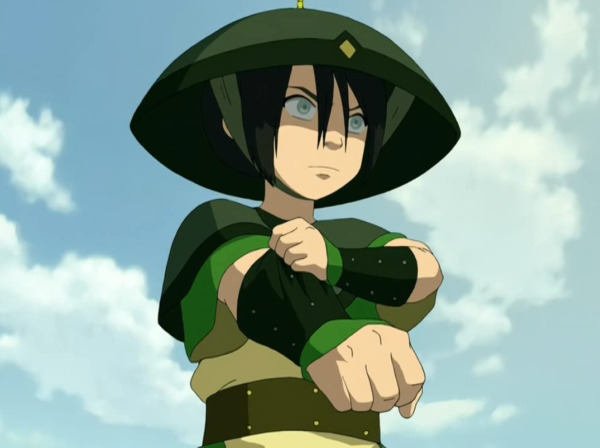
“I am the greatest earth-bender in the world! Don’t you two dunderheads ever forget it!”
Toph is easily one of the show’s most loved characters despite only being in the last two seasons. Like Sokka, she’s often used as comic relief, though her humor is much blunter and unapologetically merciless.
As a short, blind girl, everyone expects her to be helpless but she proves time and time again that she is far from it. She doesn’t allow peoples’ perceptions to shape her and often uses their doubt as fuel for self-improvement and empowerment. Only a casual taunt while a prisoner, it led her to invent a whole new subdivision of earth-bending. If that’s not the definition of spite, I don’t know what is.
Toph taught us that others do not define us. We define ourselves.
5. Zuko taught us redemption.
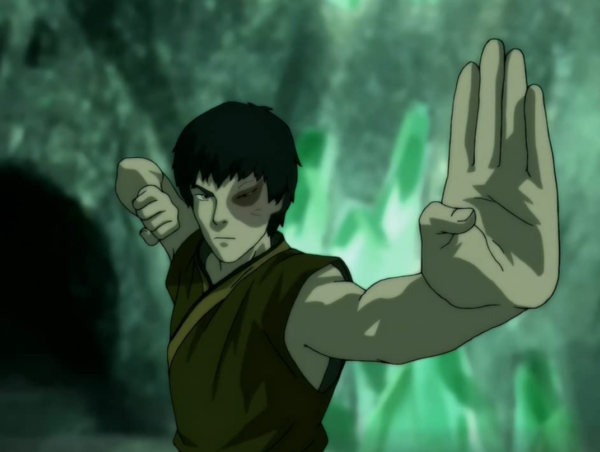
“Why am I so bad at being good?”
Zuko’s character arc is one of the show’s highlights due to its surprising depth. It was a rocky road getting him from leading antagonist to valued ally, but each step along the way showcased his inner struggle and humanity. He was a victim of his circumstance who, through mistakes and triumphs, learned the importance of not always following in your parents’ footsteps and finding your own destiny.
Zuko taught us it’s never too late to start over, so long as we put in the effort.
6. Iroh taught us happiness.
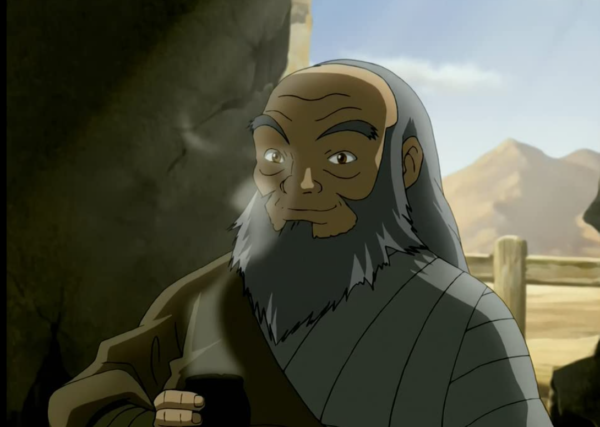
“Perfection and power are overrated. I think you are very wise to choose happiness and love.”
I think we can all agree: the world would be a better place if Uncle Iroh was in charge (… can we make that a thing, please?)
Though a once renowned Firenation general and conqueror, by the time we meet him in the show, he seems more like an Air Nomad monk. Calm, caring and unbothered. He fights only when necessary and in the meantime, puts his feet up and enjoys his tea.
Iroh taught us we can find joy in the little things regardless of circumstance.
7. Azula taught us empathy.
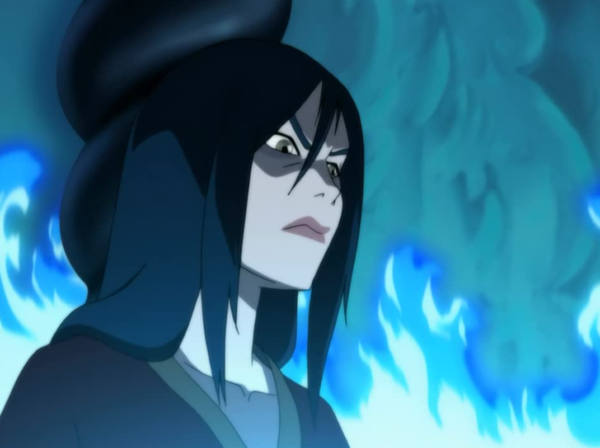
“My own mother thought I was a monster … She was right, of course, but it still hurt.”
When I say Azula taught us empathy, I do not mean she did so by example. Far from it.
Azula, hands down, is my favorite antagonist on the show. Zuko’s prodigy little sister, she is a formidable force you wouldn’t want to fight. Her determination, arrogance and boundless strength make her a seemingly indestructible foe. Through a few flashbacks and telling dialogue, however, we catch a glimpse of how broken she really is. The final episode shows her true vulnerability.
For me, Azula’s mental breakdown was a highlight of the show. Its intensity surprised me for a children’s television series but its reality is admirable on the writers’ part. As satisfying as it was to watch her downfall, I couldn’t help but pity her. She, like Zuko, was a victim, but she was unable or perhaps unwilling to move past her trauma like he was.
Azula’s demise taught us we are all human, and people who lash out are most likely victims themselves subconsciously calling for help.
8. Mai and Ty Lee taught us personal sacrifice.
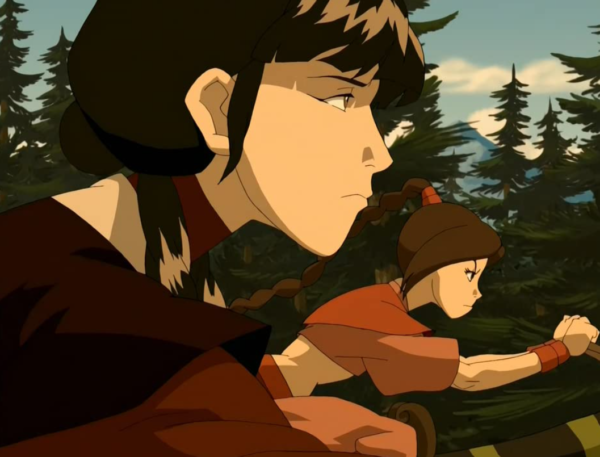
“I love Zuko more than I fear you.”
I’ll be honest, I never thought much of Azula’s sidekicks: Mai, an expressionless dagger thrower, and Ty Lee, an obnoxiously perky martial arts master. They felt one-sided and unproblematic to the overall plot. Until, however, Zuko and Sokka stage a prison bust partway through season three.
Zuko and Sokka were grossly outnumbered and had Azula on their tails. It seemed hopeless until Mai, followed by Ty Lee, suddenly switched sides and kept the Firenation princess at bay long enough for the heroes to escape. Their betrayal was unexpected but well-executed and became even more satisfying when Mai fearlessly reprimanded an enraged Azula in the name of love.
Mai and Ty Lee were in a one-sided alliance with Azula who made all the decisions and controlled them with fear.
Their betrayal taught us it’s never too late to break free from toxic relationships and make decisions for ourselves.
9. Appa and Momo taught us friendship.
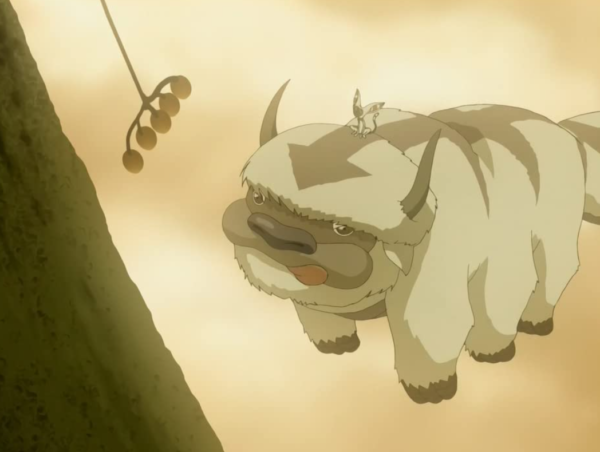
I think we can all agree: we love these furry guys.
Appa and Momo are just as much part of the gang as any other character. Without talking, they show so much love and support to the group and are often there for needed stress relief. Appa always got them out of danger and Momo stuck with Aang through thick and thin, even accompanying him on an adventure on the lion-turtle spirit.
Appa and Momo taught us the meaning of friendship and love.
10. Cabbage Man taught us resilience.

“MY CABBAGES!”
This running gag will never get old.
True, Cabbage Man and his unlucky cabbage business are meant for laughs, but there is also a valuable lesson there. His cart is destroyed four times throughout the show and yet every time, he shows up in a new place with a new cart filled with fresh cabbages. Even when life (or the Avatar) threw obstacles in his path, he picked himself up every time and rebuilt his livelihood.
An inspiration to us all, Cabbage Man taught us resilience.
*All images are from IMDB.
 Dara Lusk was born and raised in northern Virginia outside of Washington, DC. She is majoring in English with an emphasis in Technical/Professional Writing and a minor in Anthropology. When not writing she loves reading and annotating classic literature.
Dara Lusk was born and raised in northern Virginia outside of Washington, DC. She is majoring in English with an emphasis in Technical/Professional Writing and a minor in Anthropology. When not writing she loves reading and annotating classic literature.
@dara_marie_

